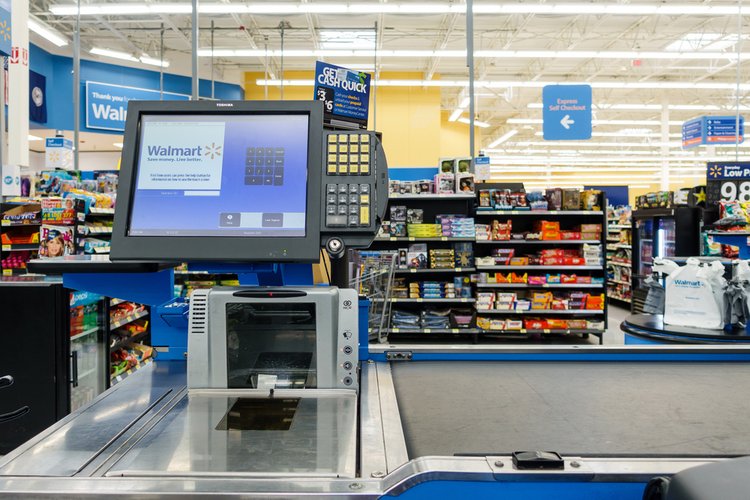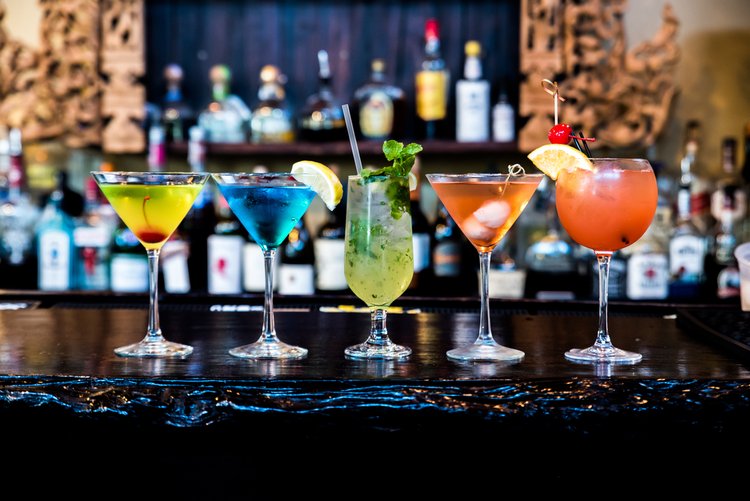The modern consumer is becoming more and more aware. The demand for organic products is growing, and people want to be sure that their food is healthy and safe. Consumers want to know about the origin of the ingredients and to know if the safety rules and ethical standards were observed during the production. But how to make sure that the manufacturer observes the quality standards on all segments of the food path from farm to table?
That’s when blockchain comes to the rescue. The distributed ledger technology makes the provider networks transparent and ensures that none of them change anything in their data. Decentralized blockchain-platforms simplify control over the production chain in the agro-industry and food retail.
Ambrosus
A set of tools for comprehensive supervision of the industry was created by the Swiss company Ambrosus. The platform uses sensors and smart contracts to create a public ecosystem that allows you to track the supply of food, from the place of origin to the end user.
The sensors used by Ambrosus include a combination of sensors and food indicators that access real-time product data, allowing you to track all delivery stages. The sensors receive data, for example, on the temperature and humidity of the environment and others. The received data are encrypted and diverge through the system.
By unique identifier it is easy to establish what happened and happens to the product. Theoretically, any probability of falsification in such a readily permeable infrastructure is excluded.
IBM
IBM also offered its solution for quality control of food. The corporation provided the largest companies producing and selling food products with a blockchain-based platform.
The members of the association obtained access to IBM's distributed registry, which displayed all the movements of food supplies. Corporations could track the movement of food products and accurately determine at what stage of the supply chain products have deteriorated.
In addition, Walmart and other large retailers tested the blockchain-based platform from IBM. In June 2017, Walmart said that the technology allowed to reduce the time of tracking the movement of mango cargo from seven days to 2.2 seconds.
Provenance
The Provenance startup is working on creating blockchain-based solutions that allow to track logistics and food supply chains. Provenance specialists have developed the Ethereum application, which allows you to trace the entire product path through the QR code scan. The buyer in the supermarket can scan the QR code Provenance and get the most complete information about the history of the goods from its production to reaching the store shelves. Such a system also prevents the sale of stolen or falsified goods.
The project has also conducted an experiment to track the tuna caught near the coast of Indonesia. Fishermen sent text information about the catch, which was then added to the blockchain. As a result, a digital token for fish was created, which passed through the entire supply chain.
Blockchain on slaughterhouse
Not so long ago it became known that the UK Food Standards Agency (FSA) would use a detergent to check meat. The chain of supply monitoring has already successfully passed the pilot testing. The system tracked the meat produced by the unknown slaughterhouse, providing "improved transparency" throughout the supply chain. Both the slaughterhouse and the FSA monitored the data presented during the test.
MeatCoin
Not to be surprised, but the launch of the cryptocurrency MeatCoin was announced in Tatarstan. According to the project founders’ idea, the coin should be provided with meat chipped tribal bull-calves, and also verify the halalness of the meat itself.
The digital artel, which offered such an unexpected initiative, connects agribusinesses, technology entrepreneurs, logistics and investors with consumers. The number of coins is correlated with the livestock number available to the artel. It was assumed that MeatCoin will be traded on the Dex crypto-exchange.
iDrink
Okay, let's now switch a little from the serious topics. Blockchain does not only help big corporations to solve their problems. Neural network, based on the work of which recommendations will be issued on the consumption of beverages, began to be developed in Russia. Its work will be carried out on the basis of a mobile application iDrink, providing free drinks in bars, cafes and restaurants, as well as blockchain technology.
Blockchain technology is used in the neural network for its correct operation, data processing and other similar purposes. The neural network will analyze a person's condition and, based on the received data, offer him a drink. Initially, drinks will be offered based on the analysis of the past selection, day of the week, time of the day and geolocation of the user.
We have considered only some positive aspects of the use of distributed ledger technology in the agro-industry. In addition, blockchain will simplify the process of interaction between producers, buyers and investors. Now, there is often a situation when farmers give away their harvest, and then wait for ages for their money. They do not have accurate data on the demand for their products and sell the harvest to large corporations at a very low price. Farmers do not want to work with small parties, not knowing if they will be sold. Therefore, investors are not always ready to invest in the agro-industrial sector because of high risks.
Blockchain will help to ensure immediate payment to farmers. This will launch a chain of positive processes:
- Competition will intensify
- Procurement prices will go up
- Retail prices will decrease due to risk reduction
- Investors and banks will be more willing to invest in farms





